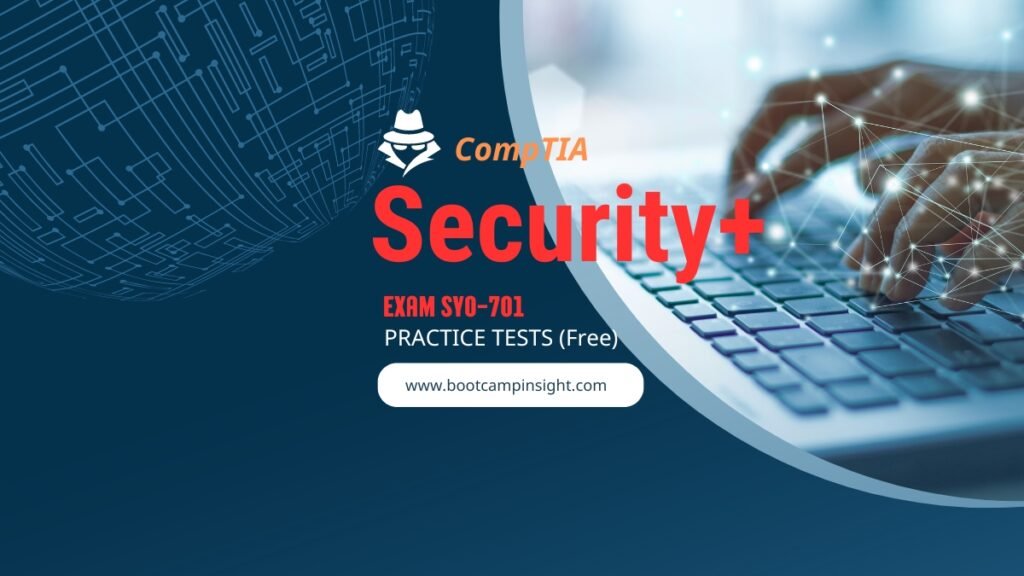Today, we will discuss the “Google Cybersecurity Professional Certificate” program. This certification program consists of eight courses, and I have covered them all. I am writing about this certification based on my own experience.
If you are a beginner without prior knowledge, you can start your cybersecurity career with this certification program.
First, discuss the topics covered by the program.
What you will learn and the skills you will acquire
Foundations of Cybersecurity
- What You’ll Learn: Core skills for becoming a cybersecurity analyst, impact of security attacks on business, security ethics, and standard tools used by analysts.
- Skills Gained: Security hardening, network security, TCP/IP, network architecture, and cloud networks.
Play It Safe: Manage Security Risks
- What You’ll Learn: Primary threats, risks, vulnerabilities to businesses, security frameworks and controls, SIEM tools, and threat response strategies.
- Skills Gained: Information Security (INFOSEC), NIST Risk Management Framework (RMF), security audits, NIST Cybersecurity Framework (CSF), and incident response playbooks.
Connect and Protect: Networks and Network Security
- What You’ll Learn: Network types and components, data transmission, securing networks, and system hardening.
- Skills Gained: Command line interface (CLI), SQL, Linux, and Bash.
Tools of the Trade: Linux and SQL
- What You’ll Learn: Operating systems, applications, hardware, GUI vs. CLI, Linux command navigation, and SQL database queries.
- Skills Gained: Escalation, resume and portfolio preparation, stakeholder communication, job preparedness, integrity, and discretion.
Assets, Threats, and Vulnerabilities
- What You’ll Learn: Asset classification, attack surface analysis, identifying threats like social engineering and malware, and threat modeling.
- Skills Gained: Authentication, vulnerability assessment, cryptography, asset classification, and threat analysis.
Sound the Alarm: Detection and Response
- What You’ll Learn: Incident containment, eradication, recovery, packet analysis, IDS/NIDS tools, and SIEM tool queries for event investigation.
- Skills Gained: Cybersecurity, INFOSEC, ethics in cybersecurity, NIST CSF, and historical attacks.
Automate Cybersecurity Tasks with Python
- What You’ll Learn: Python’s role in cybersecurity, creating Python functions, using regular expressions, and debugging.
- Skills Gained: SIEM tools, packet analyzer, and intrusion detection systems (IDS).
Put It to Work: Prepare for Cybersecurity Jobs
- What You’ll Learn: Escalating security incidents, engaging with the cybersecurity community, job searching, and interview preparation.
- Skills Gained: Computer programming, Python programming, coding, and the PEP 8 style guide.
Through this comprehensive curriculum, learners will not only grasp the theoretical underpinnings of cybersecurity but also master practical skills, from network security to Python programming, preparing them for a wide range of roles in the domain. This certificate ensures that learners are job-ready, have a strong portfolio, and have the confidence to tackle cybersecurity challenges in the real world.
Why is this program an excellent start for Beginners?
- Rich in Hands-On Tasks: The program includes extensive hands-on tasks to complement theoretical knowledge, which is essential for understanding and tackling real-world cybersecurity challenges.
- Expert Instruction from Google Engineers: This course is taught by leading Google professionals, offering learners cutting-edge and highly relevant insights.
- Theory and Practice Balance: The course provides a solid theoretical foundation and practical components, preparing beginners to understand and execute cybersecurity tasks effectively.
- Career Readiness and Interview Preparation: Goes beyond technical training to include portfolio creation and interview preparation, enhancing employability.
- Accessible to All Backgrounds: This course is designed for individuals without prior IT or cybersecurity experience, making cybersecurity education available to a broader audience.
- Conclusion: The certificate is a comprehensive, practical, and accessible starting point for those new to the field or seeking to formalize their knowledge, offering a solid foundation for a career in cybersecurity.
Maximizing Success: Tips for Getting the Most Out of the Google Cybersecurity Certificate Program
- Maintain a Notebook: Given the introduction of numerous terms that may be unfamiliar, it is advisable to maintain a notebook for jotting down definitions. The program encompasses several Cybersecurity Frameworks which involve intricate steps. Keeping notes will facilitate better retention and comprehension of the subjects discussed.
- Pace Your Learning: Although the course is designed to span 3 to 6 months, it is technically possible to complete it in a single day. However, such an approach is not advisable. Should you dedicate sufficient time and possess ample free time, a more realistic completion period might be one month, assuming all tasks are executed diligently.
- Engage Fully with Activities: The program includes a variety of hands-on activities that demand your full engagement. It is recommended to attempt these activities independently before consulting the provided solutions. This approach will enhance your understanding and proficiency.
- Build Your Network: Active participation in creating your network and engaging with the community is encouraged as guided by the course. This networking is crucial and should be undertaken as prescribed within the program.
- Develop a Portfolio: The program offers guidance on compiling a portfolio. Such a portfolio is invaluable during job interviews, showcasing your skills and understanding of cybersecurity principles effectively.
Adhering to these guidelines will significantly enhance your ability to grasp the course content effectively and apply the knowledge gained in practical scenarios.



